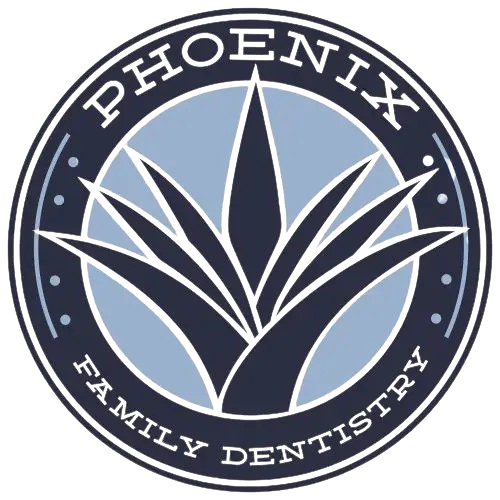Emergency Dentistry and the Coronavirus (COVID-19) Disease: Important Sterilizing Procedures
Posted by Phoenix Family Dentistry
Dental Procedure
on Aug 26 2020, 01:12 AM
With the COVID-19 outbreak, the American Dental Association has recommended that dentists in Phoenix, AZ concentrate on emergency dentistry procedures. The coronavirus responsible for the disease has been detected in the saliva of affected patients. Dental professionals generate aerosols during dental procedures and may end up providing dental care unknowingly to infected but asymptomatic and yet-to-be-diagnosed patients. It is, therefore, important that dentists observe necessary sterilizing procedures to curtail the spread of the disease.
Important sterilizing procedures
Below are the best practices that dentists in 85053 show follow to ensure proper sterilization of dental instruments. This will help minimize the risk of infection transmission.
Use of personal protective equipment (PPE)
Dental staff are equipped with appropriate PPE, including masks, gloves, gowns, and face shields or goggles, to minimize the risk of exposure to infectious droplets during procedures. PPE usage is in accordance with guidelines from public health authorities and dental associations.
Pre-soak the tools
Some busy practices may find it hard to clean the tools instantly after emergency dentistry procedures. This can be a problem because debris like blood can dry out and harden on the instrument. According to the Center for Disease Control, it is crucial to spray soiled instruments with a solution like enzymatic spray gels to break any buildup of biological debris (including blood) until it is time to clean the tools properly.
Clean before steaming
If the debris stays on the tools before they are transferred into the autoclave, the superheated steam may not reach the entire surface of the instrument. Therefore, the CDC guideline demands cleaning visible elements from tools before sterilizing them. The methods of doing this include the following.
Ultrasonic cleaning: This method uses waves to produce oscillating bubbles in an appropriate ultrasonic solution to remove debris. The solution is designed for proper cleaning and contains enzymes to disintegrate bioburden and agents to stop corrosion, spotting and mineral buildup.
Automated instrument washers: These devices save time and ensure efficiency by removing the need to rinse or dry the instruments manually. Call us to learn more.
Surface Disinfection
High-touch surfaces and equipment in dental treatment areas are thoroughly disinfected between patient visits using EPA-approved disinfectants effective against coronaviruses. This includes dental chairs, countertops, doorknobs, light handles, and other frequently touched surfaces.
Dry and package the tools
Before sterilizing in an autoclave, the instruments need to dry properly to prevent recontamination after sterilization. The instruments will be packaged in wraps or pouches, then sealed to stop exposure to air when they are removed from the sterilizer. The wrap should be one that allows the penetration of sterilization agents and can handle the harsh conditions of steam sterilization.
Load the tools carefully
The autoclave should not be overloaded, as it could cause failed sterilizations. Overloading makes it harder to attain optimum temperature and prevents the sterilization agent from reaching every surface of the equipment. The CDC recommends supervising the sterilization procedure to ensure proper disinfection.
Physical distancing
Measures such as scheduling staggered appointments, minimizing waiting room occupancy, and maintaining physical distance between patients in the waiting area help reduce the risk of viral transmission. Plexiglass barriers may also be installed at reception desks for added protection.
Final note
Dental practices are better equipped to stop the transmission of COVID-19 infection by properly cleaning and sterilizing their instruments. The sterilization procedure keeps the dentist, patients and staff members safe from the disease. When patients come for emergency dentistry procedures, they can rest assured of safety throughout their treatment.
Request an appointment here: https://familydentistphoenix.com or call Phoenix Family Dentistry at (602) 547-9007 for an appointment in our Phoenix office.
Share On

How Long Is Recovery From a Root Canal?
With the COVID-19 outbreak, the American Dental Association has recommended that dentists in Phoenix, AZ concentrate on emergency …

Can an Invisalign Dentist Correct Crooked Teeth?
With the COVID-19 outbreak, the American Dental Association has recommended that dentists in Phoenix, AZ concentrate on emergency …

Caring for Veneers After a Cosmetic Dentist Treatment
With the COVID-19 outbreak, the American Dental Association has recommended that dentists in Phoenix, AZ concentrate on emergency …





